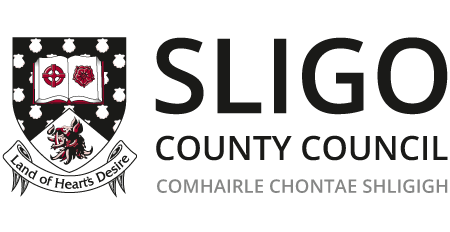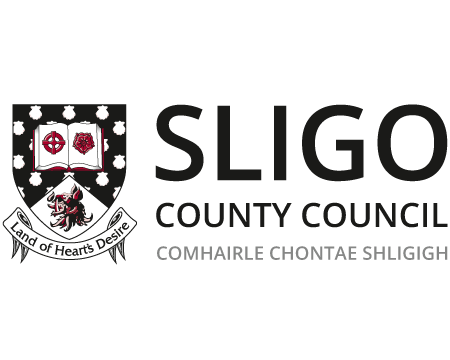A new discussion document, “5G and Future Connectivity: An Emerging Framework for Irish Cities and Towns”, published today by Sligo County Council, Dublin City Council and CONNECT – the Science Foundation Ireland research centre - warns that the absence of a roadmap for national connectivity risks eroding Ireland’s economic competitiveness. It calls for the establishment of a National Working Group to address this.
Economic Opportunities
Economic Opportunities of Future Connectivity highlighted in new discussion document
The discussion document draws on findings from an online survey of telecoms vendors, mobile operators, and local authority broadband officers. It makes a number of recommendations calling for stronger alignment at local and national levels. The economic opportunity associated with 5G and next-generation networks in terms of goods and services is expected to reach €10 trillion by 2035.
A much more coordinated approach is needed if Sligo and the region are to capitalise on this. The economic difficulties associated with the COVID-19 pandemic make this all the more urgent.
The document recommends the establishment of a National Working Group to shape a shared vision for connectivity in Ireland. This group should be composed of key stakeholders such as government departments, local authorities, mobile operators, equipment vendors, the research community and bodies like the Environmental Protection Agency, IBEC, ESB Networks, and ComReg.
As Sligo drives its Smart City and Community agenda, access to the next generation of connectivity will be crucial. The recently announced Digital Futures Manufacturing Centre (DFMC) planned for Sligo will be heavily dependent on cutting edge connectivity. The objective of the centre, principally involving Sligo County Council and IT Sligo, is to promote knowledge and implementation of cutting-edge innovation by accelerating the application in businesses across the North West region of relevant industry 4.0 technologies. Depending on individual needs, these might include artificial intelligence, big data analysis, cobots, robots and advanced robotics, internet of things, 3D printing, augmented and virtual reality and next-generation cyber security tools. The specialism of the DFMC will be in the automation of manufacturing supply chain management.
The recently announced approval of funding for the project by Enterprise Ireland is very welcome news not alone in the context of the development of the manufacturing base in the North West region but also in the context of the objective to drive Sligo forward as a smart city destination.
Next generation connectivity is also a key part of the digital games industry and the development of a state of the art Digital Gaming Hub at the Strand Campus Technology Park, Strandhill, will support the growth of gaming companies and associated businesses.
Local authorities are key in the roll out of future connectivity, as much of the required local underlying infrastructure is in the ownership of the county councils. The key requirements for next generation connectivity – whether it is mobile, WiFi, or various Smart City technologies - are street lights, access to underground ducting, fibre optics, power, and street furniture. Sligo County Council is committed to future-proofing current and planned infrastructure projects to allow for cutting edge connectivity in the future, without the need for the additional expense of retrofitting required infrastructure, such as underground ducting and chambers.
The document is intended to stimulate debate and discussion among stakeholders to ensure that Ireland realises its connectivity potential at a national and regional level, and remains a highly competitive economy.
In addition, it is critically important that safety monitoring continues and the latest scientific guidance from the World Health Organisation (WHO) and Environmental Protection Agency (EPA) is communicated clearly.
The discussion document was funded and supported by the Digital Innovation Programme of the then Department of Rural and Community Development. Preparation of the document was led by the Smart City team at Dublin City Council in collaboration with leading telecoms experts, Sligo County Council and CONNECT.

